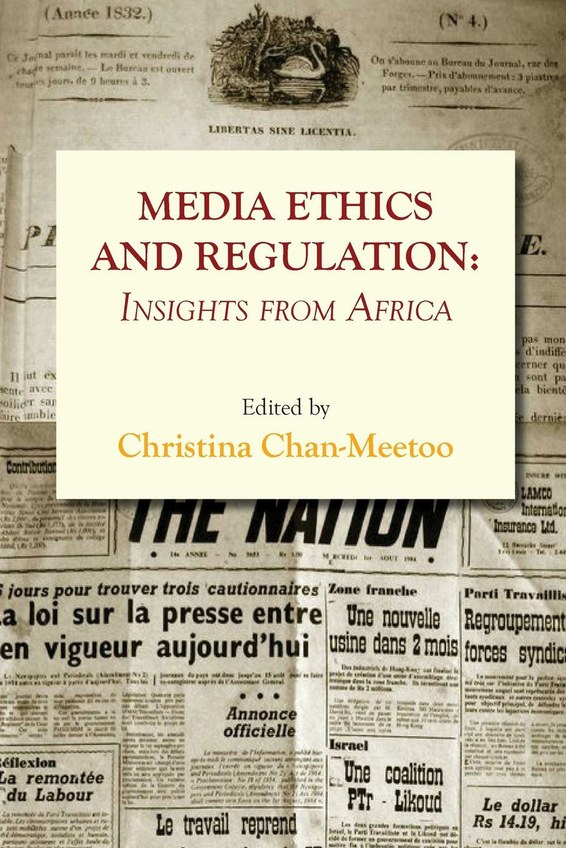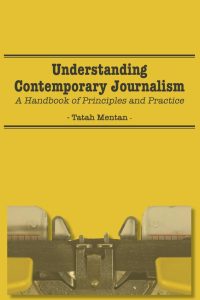Publisher: Langaa RPCIG, Cameroon
Pages: 216
Year: 2013
Category: Media & Communication Studies, Social Sciences
Dimensions: 229 x 152 mm
Insights from Africa
This book provides useful pointers to help journalists navigate the dilemmas they face in the professional practice. It provides an enlightening overview of the views of Mauritian journalists on their own industry and an in-depth look at the South African model for self-regulation. As part of the ethical approach, the book also reviews the main issues related to gender-sensitive reporting, in view of the significant role the media have to play in gender education. In an age of information overload, over-exposure to a hyper-mediated culture and the rise of user-generated content, journalists increasingly strive to remain relevant. The temptation to use lower standards, resort to sensationalism and even paycheck journalism is strong. Such examples of unethical practice can only further undermine the credibility of a profession which purports to act as a watchdog, a Fourth Estate. Claims that ethics is a private affair no longer hold good. Journalism is a public good and the need to a clear social contract is stronger than ever in a world where transparency and accountability are on the agenda. Mechanisms for ensuring ethical practice are essential and should be hailed as beacons for a stronger journalism.
£44.00
About the editors
Christina Chan-Meetoo is a Lecturer in Media and Communication at the University of Mauritius, where she is also at the head of the Department of Social Studies. She is an active social media user and can be followed on her blogs at christinameetoo.wordpress.com and comstudies.wordpress.com.
Review
“Journalists in Africa have a vital role to keep the powerful to account. They can however only do so with moral authority if they themselves are accountable to their publics and uphold ethical values and practices. Through selected case studies and practical examples, this book reminds media practitioners on the continent to reflect on their responsibilities and develop greater ethical awareness of their work.”
Herman Wasserman, Professor of Journalism & Media Studies, Rhodes University, South Africa
“As women become more and more the object of interest of media professionals, the adoption of a gender code of ethics takes increasing relevancy. Indeed, the adoption of strong ethical reporting demarcates sensationalism of news from true journalism. If those values are adopted across the board, the press will have accomplished its primary aim: that of being free to inform but in a responsible way in our democratic society.”
Hon Mrs Mireille Martin, Minister of Gender Equality, Child Development and Family Welfare, Republic of Mauritius
“Beyond prescriptive journalism – this volume provides deep insights into a journalism that counts, that is grounded and that is at the very same time framed by ethical considerations”
Pradip Thomas is Professor of Communication at University of Queensland, Australia

